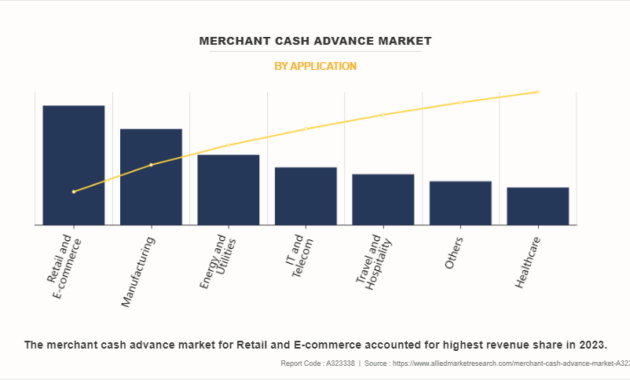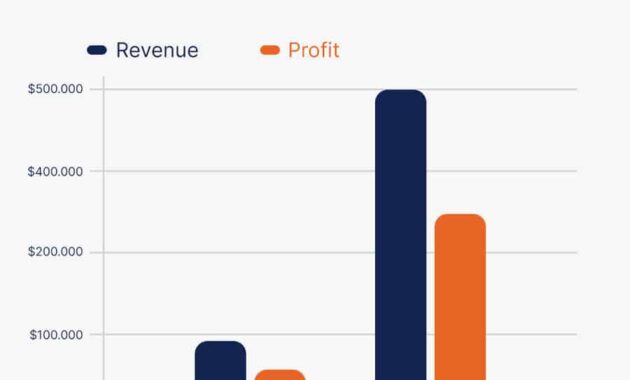Credit Card Processing Fees: A Burden or Necessary Evil for Small Businesses?
In today’s digital age, credit cards have become an indispensable part of modern commerce. For small businesses, they offer convenience, ease of use, and a wider customer base. However, accepting credit cards comes with a cost—processing fees. These fees can vary widely depending on the type of card, the payment processor, and the volume of transactions. Understanding the different types of processing fees is crucial for small business owners to manage their costs and maximize their profits.
Types of Credit Card Processing Fees
Credit card processing fees can be broadly categorized into two main types: interchange fees and merchant fees.
Interchange Fees
Interchange fees are charged by the issuing bank (the bank that issued the customer’s credit card) to the acquiring bank (the bank that processes the transaction for the merchant) and are typically passed on to the merchant. These fees cover the cost of processing the transaction, including fraud prevention, authorization, and settlement. Interchange fees vary based on several factors, including the type of card used (credit, debit, or prepaid), the transaction type (in-person, online, or card-not-present), and the level of risk associated with the transaction.
For most merchants, interchange fees are the largest component of their credit card processing costs. As a general rule, interchange fees are higher for higher-risk transactions, such as card-not-present transactions or transactions originating in countries with higher fraud rates. Interchange fees can be negotiated with the acquiring bank, but they are typically set by the card networks (Visa, Mastercard, American Express, etc.).
Merchant Fees
Merchant fees are charged by the payment processor to the merchant for the services they provide. These fees cover the cost of providing the payment gateway, fraud protection, reporting, and customer support. Merchant fees can vary widely depending on the payment processor and the volume of transactions. Some payment processors charge a flat fee per transaction, while others charge a percentage of the transaction amount.
In addition to the fees mentioned above, merchants may also incur additional costs, such as chargeback fees, PCI compliance fees, and terminal rental fees. It’s important for merchants to carefully review the fee schedule of their payment processor before signing up for a service.
The Impact of Credit Card Processing Fees on Small Businesses
Credit card processing fees can have a significant impact on the profitability of small businesses. For businesses that process a high volume of transactions, these fees can add up quickly. In some cases, the cost of accepting credit cards can outweigh the benefits, especially for businesses with low margins.
However, credit cards also offer a number of advantages for small businesses. They offer convenience, ease of use, and a wider customer base. In addition, accepting credit cards can help small businesses build a positive reputation and increase customer loyalty.
How to Minimize Credit Card Processing Fees
There are a number of things small business owners can do to minimize their credit card processing fees:
- Negotiate with your acquiring bank. Interchange fees are typically set by the card networks, but merchants can negotiate with their acquiring bank for a lower rate.
- Choose a payment processor with competitive fees. There are a number of payment processors out there, so it’s important to compare fees before signing up for a service.
- Offer discounts for cash payments. Offering a small discount for customers who pay with cash can help offset the cost of credit card processing fees.
- Encourage customers to use debit cards. Debit cards typically have lower interchange fees than credit cards.
- Process transactions in person. Card-not-present transactions typically have higher interchange fees than in-person transactions.
Conclusion
Credit card processing fees are a necessary cost of doing business, but they can be minimized with careful planning and negotiation. By understanding the different types of fees and taking steps to reduce them, small businesses can maximize their profits and reap the benefits of accepting credit cards.
Credit Card Processing Fees: A Small Business Owner’s Guide
As a small business owner, you’re constantly looking for ways to save money. So, when it comes to credit card processing fees, you may wonder if there’s a way to get around them. The answer is yes, but it takes a little bit of work. To understand how to dodge these processing fees, we’ve laid out everything you need to know about them, including interchange fees, assessment fees, and other hidden costs.
Interchange Fees
Interchange fees are a major component of credit card processing fees. They’re set by the card networks (Visa, Mastercard, Discover, and American Express) and are paid by the merchant’s bank to the cardholder’s bank. Interchange fees vary depending on the type of credit card, the transaction amount, and the merchant’s risk level. They can range from 1% to 3% of the transaction amount. Do you want to know a little secret? Card networks justify these fees as a way to cover the costs of fraud prevention, security, and other network services. However, many experts believe that interchange fees are excessive and that merchants are unfairly burdened with these costs.
Assessment Fees
Assessment fees are another type of credit card processing fee. These fees are charged by the merchant’s bank to cover the costs of processing the transaction. Assessment fees vary depending on the bank, but they typically range from $0.05 to $0.25 per transaction. As an example, if you process 100 transactions per month, you could end up paying $5 to $25 in assessment fees. Are you looking for a way to reduce your assessment fees? The best way to do this is to negotiate with your bank. You may be able to get a lower rate if you process a high volume of transactions.
Other Hidden Costs
In addition to interchange fees and assessment fees, there are a number of other hidden costs associated with credit card processing. These costs can include:
- Monthly statement fees
- PCI compliance fees
- Chargeback fees
- Fraud prevention fees
The total cost of credit card processing can add up quickly. In fact, small businesses can end up paying thousands of dollars in processing fees each year. That’s why it’s important to compare rates and fees from different processors before you choose one. Being informed about these charges can save your business a lot of money and allow you to be more successful.
Credit Card Processing Fees for Small Businesses: A Detailed Guide
In today’s digital world, credit cards have become an indispensable part of doing business for small enterprises. However, accepting credit cards comes with its own set of costs known as credit card processing fees. Understanding these fees is crucial to ensure your business runs smoothly and profitably.
Merchant Fees
Merchant fees are the charges levied by the payment processor for facilitating credit card transactions. They typically consist of three components: a monthly fee, a per-transaction fee, and a percentage of each transaction. The specific fee structure varies depending on the payment processor and the type of business.
Monthly fees can range from $0 to $100 or more, and they cover the basic costs of maintaining the payment gateway and providing support. Per-transaction fees are usually a flat rate, such as $0.10 or $0.25 per transaction, and they compensate the payment processor for each transaction it processes.
The percentage fee, also known as the discount rate, is a variable charge that is applied to the total amount of each transaction. This rate typically ranges from 1.5% to 3.5%, and it is the payment processor’s primary source of revenue. When choosing a payment processor, it is important to compare the merchant fees and choose the option that best suits your business needs and budget.
Interchange Fees
Interchange fees are another type of fee that is associated with credit card processing. These fees are charged by the card-issuing bank to the merchant’s bank for each transaction. The interchange fee is a flat rate that is set by the card networks (Visa, Mastercard, etc.) and is typically around 0.5% to 2% of the transaction amount.
Interchange fees are passed on to merchants by the payment processor, and they can represent a significant portion of the overall cost of credit card processing. However, merchants have little control over interchange fees, as they are set by the card networks and are not negotiable.
Assessment Fees
Assessment fees are charged by the card networks (Visa, Mastercard, etc.) to the merchant’s bank for each transaction. These fees are used to cover the costs of maintaining the card network and providing services to merchants and cardholders. Assessment fees are typically a flat rate that is around 0.1% to 0.2% of the transaction amount.
Like interchange fees, assessment fees are passed on to merchants by the payment processor and can represent a small portion of the overall cost of credit card processing. Merchants have no control over assessment fees, as they are set by the card networks and are not negotiable.
How to Minimize Credit Card Processing Fees
While credit card processing fees are an unavoidable cost of doing business, there are a few strategies that small businesses can use to minimize these fees:
- Negotiate with your payment processor: Some payment processors are willing to negotiate merchant fees, especially if you have a high volume of transactions. It’s worth reaching out to your payment processor to see if they are willing to lower their fees.
- Choose a payment processor with low fees: There are a number of payment processors that offer low merchant fees. Compare the fees of different processors before choosing one.
- Qualify for interchange fee optimization programs: Some payment processors offer programs that can help merchants reduce their interchange fees. These programs typically require merchants to meet certain criteria, such as having a high volume of transactions or a low chargeback rate.
- Use a payment gateway that supports multiple payment processors: This allows you to shop around for the best merchant fees and interchange rates.
- Offer discounts for cash purchases: This can encourage customers to use cash instead of credit cards, which can save you money on processing fees.
- Use a tiered pricing system: This charges higher processing fees for more expensive items. It can help you to offset the cost of processing fees on high-value transactions.
By following these tips, small businesses can minimize the cost of credit card processing fees and keep more of their hard-earned money.
In conclusion, credit card processing fees are an unavoidable cost of doing business for small businesses. However, by understanding the different types of fees and the strategies for minimizing them, small businesses can keep these fees under control and protect their bottom line.












